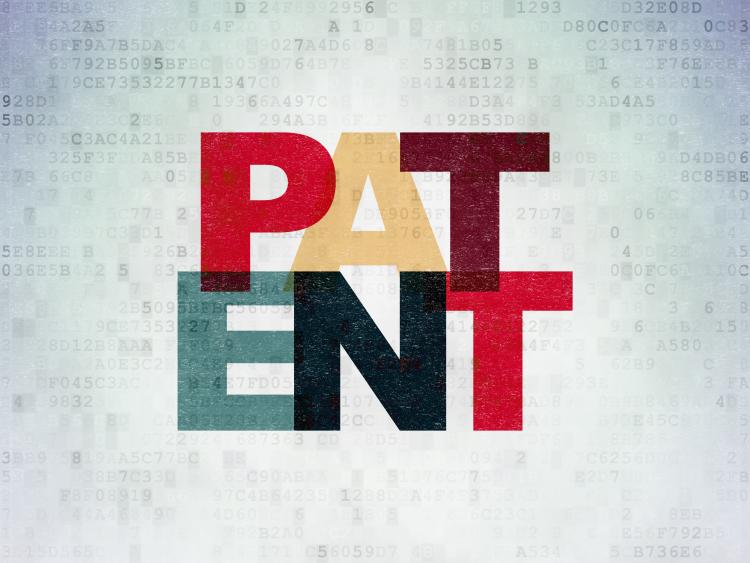
On June 12, 2015, the US Federal Circuit, in Ariosa Diagnostics, Inc v Sequenom Inc, affirmed the District Court’s finding that Sequenom’s non-invasive prenatal diagnostic patent was invalid for lack of patent-eligible subject matter. Sequenom’s patent claimed methods of using cell-free fetal DNA (cffDNA) to determine certain fetal characteristics, such as gender. The inventors were the first to detect cffDNA in the discarded blood samples of pregnant women. The Federal Circuit recognized that detecting cffDNA in previously discarded blood samples was a positive and valuable contribution to science; nevertheless, without more, this fell short of statutory patent-eligible subject matter.
The Federal Circuit essentially applied the test set forth by the US Supreme Court in its opinion in Mayo v Prometheus, first asking whether the claims at issue were directed to a patent-ineligible concept such as a law of nature, a natural phenomenon or an abstract idea. If the answer is yes, then the court must determine whether the additional elements “transform the nature of the claim” into patent-eligible subject matter; that is, whether the additional elements amount to significantly more than the patent-ineligible concept.
With respect to the first question, the Federal Circuit found in the affirmative, finding that the method claims were directed to an application starting and ending with a naturally occurring phenomenon – the existence of cffDNA in nature. With respect to the second question, the Federal Circuit determined that the remaining method steps were conventional, routine and well understood applications in the art, which were not sufficient to transform the discovery of the presence of cffDNA into patent-eligible subject matter.
For further commentary, see: http://tinyurl.com/o9wmvet.
Summary by: Junyi Chen
E-TIPS® ISSUE
Disclaimer: This Newsletter is intended to provide readers with general information on legal developments in the areas of e-commerce, information technology and intellectual property. It is not intended to be a complete statement of the law, nor is it intended to provide legal advice. No person should act or rely upon the information contained in this newsletter without seeking legal advice.
E-TIPS is a registered trade-mark of Deeth Williams Wall LLP.